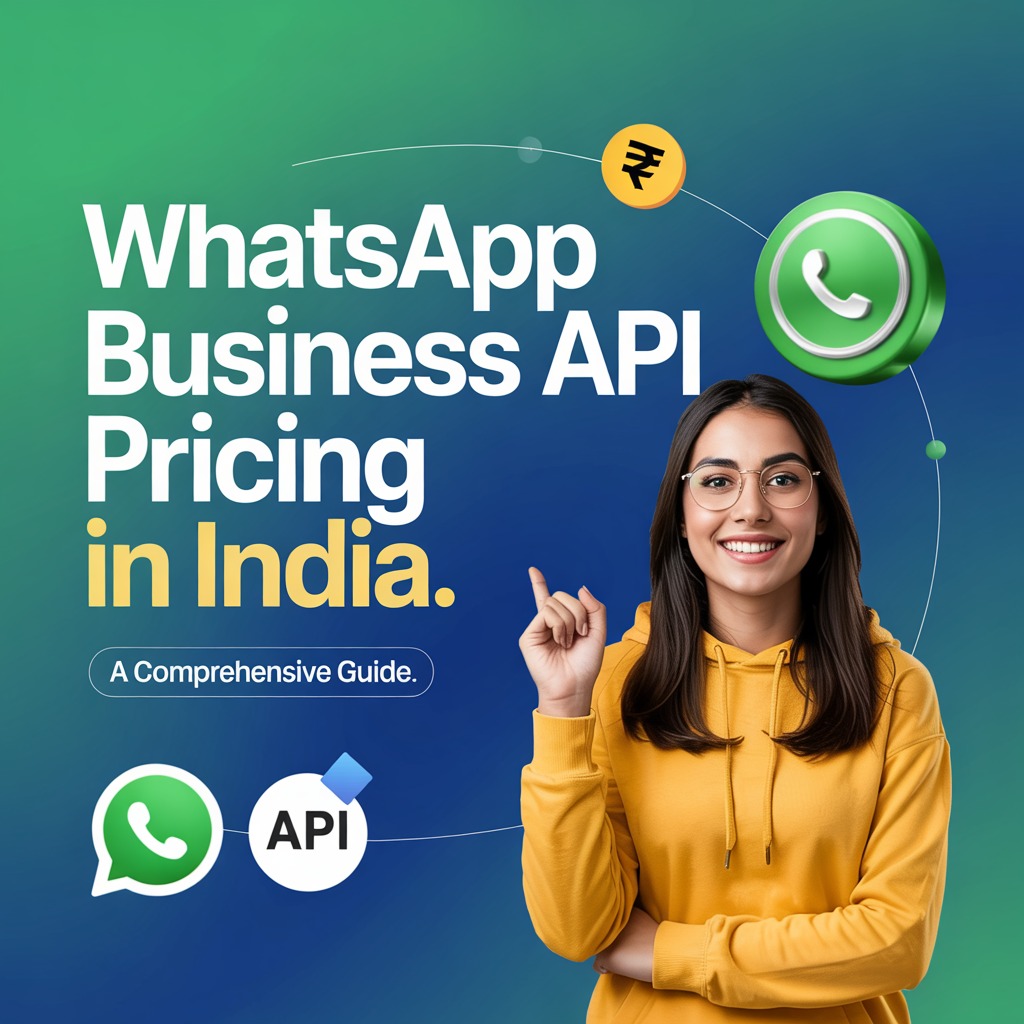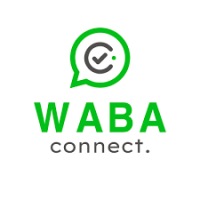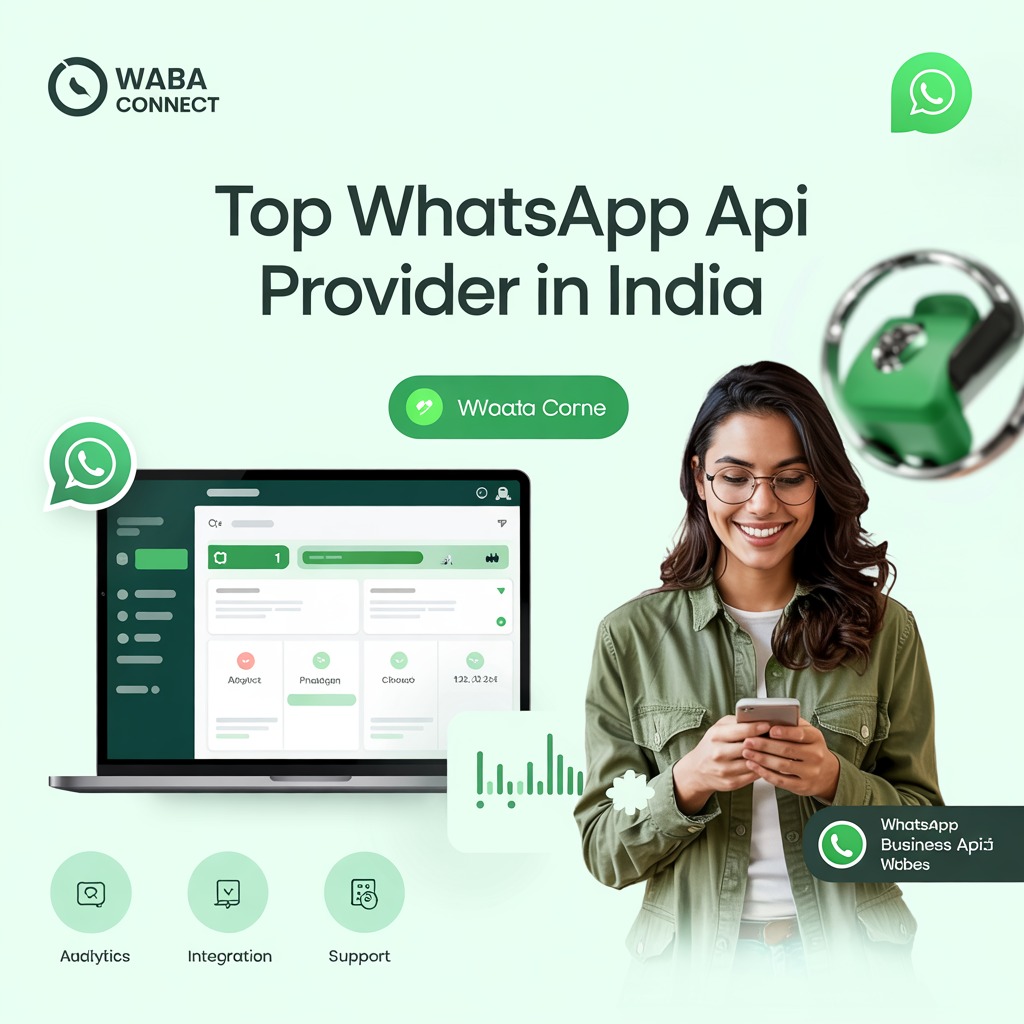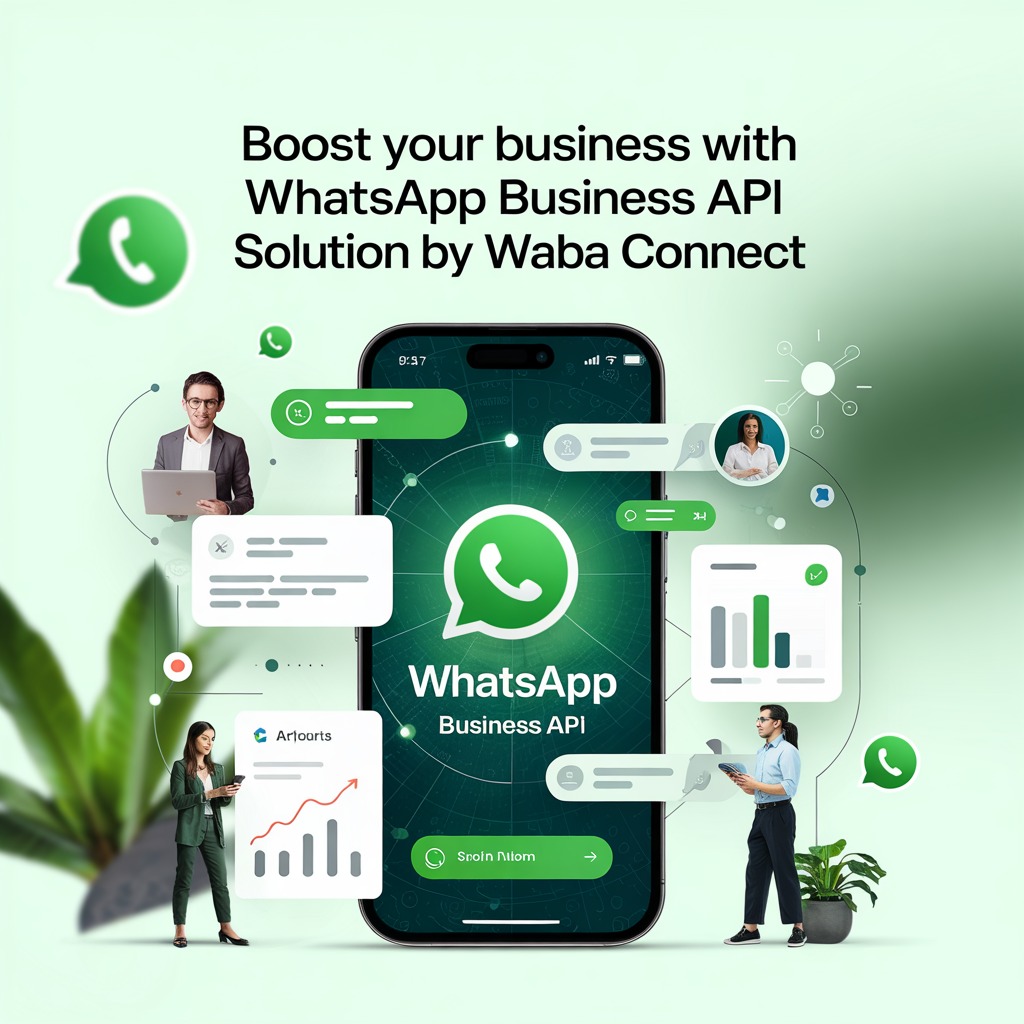Unveiling WhatsApp Business API Pricing for Enterprise Messaging in 2025: Costs, Secrets, and Smart Strategies

Strong8k brings an ultra-HD IPTV experience to your living room and your pocket.
In today’s hyper-connected digital economy, instant messaging isn't a luxury—it’s a necessity. For enterprises managing thousands of customer interactions daily, the WhatsApp Business API presents a golden opportunity to automate communication, improve response time, and boost customer satisfaction. But while the benefits are clear, one of the most pressing concerns is: What does WhatsApp Business API cost for enterprise-level messaging?
Understanding the pricing structure is critical for CFOs, marketing directors, and tech leads who want to optimize customer engagement without overspending. In this guide, we break down the complex layers of WhatsApp Business API pricing for enterprises, reveal frequently asked questions, and share actionable insights to make smarter budget decisions.
Why WhatsApp Business API Matters for Enterprises
With over 2 billion active users, WhatsApp is the most widely used messaging app in the world. Enterprises are rapidly adopting the WhatsApp Business API to:
Automate customer service
Deliver personalized marketing campaigns
Provide transactional updates like order tracking, OTPs, and appointment reminders
But as your messaging volume grows, pricing becomes a strategic concern.
WhatsApp Business API Pricing Breakdown: How It Works
WhatsApp uses a conversation-based pricing model, not per message. This is crucial for large businesses handling tens of thousands of messages a day.
🧾 Pricing Tiers by Conversation Type
Meta classifies conversations into four types:
Utility – Transactional messages like invoices or shipping updates
Authentication – Login codes and verification messages
Marketing – Promotions, offers, re-engagement messages
Service – Customer support within 24 hours of user-initiated message
Each category has its own pricing, and fees vary by country.
💡 Pro Tip:
Enterprise users often qualify for volume discounts through Business Solution Providers (BSPs) like Twilio, 360dialog, or Gupshup.
Frequently Asked Questions (FAQs)
❓1. Is WhatsApp API free for enterprises?
No. WhatsApp Business API is not free. Meta charges per 24-hour conversation window, and enterprises often incur additional fees from their BSP.
❓2. How much does it cost per message?
There’s no per-message charge. Instead, costs are based on:
The conversation category
The user's country code
Whether the business or user initiated the message
Example: In India, a marketing conversation may cost ₹0.80–₹1.30 while a service message may cost much less.
❓3. Can enterprises get custom pricing?
Yes. Enterprises often receive custom pricing plans based on monthly volume, support requirements, and integration complexity.
❓4. Are there free message quotas?
Yes. Meta provides 1,000 free user-initiated conversations per month per WhatsApp Business Account (WABA). These are especially valuable for customer support teams.
❓5. Do BSPs charge extra?
Most BSPs add platform or hosting fees, which could be:
Monthly subscriptions (e.g., $49–$499)
Per-conversation markups
Setup/onboarding charges
Key Considerations for Enterprise Pricing
1. Monthly Volume
Higher volumes unlock bulk discounts. If you send 50,000+ messages monthly, you may be eligible for negotiated rates.
2. Message Categories
Use Service messages when possible—they're cheaper. Save Marketing and Authentication messages for high-value use cases to minimize cost.
3. Global vs Local Pricing
If your customers are spread across countries, be aware that conversation pricing differs per region. Optimize your campaign strategy based on the countries with lower rates.
4. BSP Features
Not all BSPs are equal. Some offer advanced analytics, AI chatbots, CRM integrations, and multi-agent dashboards—which can significantly reduce operational overhead despite higher costs.
5. API vs App
The WhatsApp Business App is free but not scalable. The API is required for automation, integration, and multi-user access, which enterprises need.
Real-World Example: E-commerce Giant Scaling WhatsApp
A leading e-commerce platform in Southeast Asia scaled customer support using the WhatsApp Business API. After integrating via Twilio:
They processed 500,000 support requests monthly
Shifted 40% of email volume to WhatsApp
Reduced response time from 24 hours to 4 minutes
Saved 30% on messaging costs using utility templates instead of marketing messages
This showcases the power of message categorization and volume-based optimization.
Conclusion: Make Every Message Count
WhatsApp Business API offers immense potential for enterprise communication, but pricing can become a bottleneck without strategic planning. The key is understanding Meta’s conversation-based model, using the right message types, and negotiating favorable terms with your BSP.
By aligning your business objectives with the correct API strategy, you can unlock powerful customer engagement while staying cost-effective. Invest the time now to choose the right provider, structure your messages smartly, and scale your communication like a pro.
Note: IndiBlogHub features both user-submitted and editorial content. We do not verify third-party contributions. Read our Disclaimer and Privacy Policyfor details.




